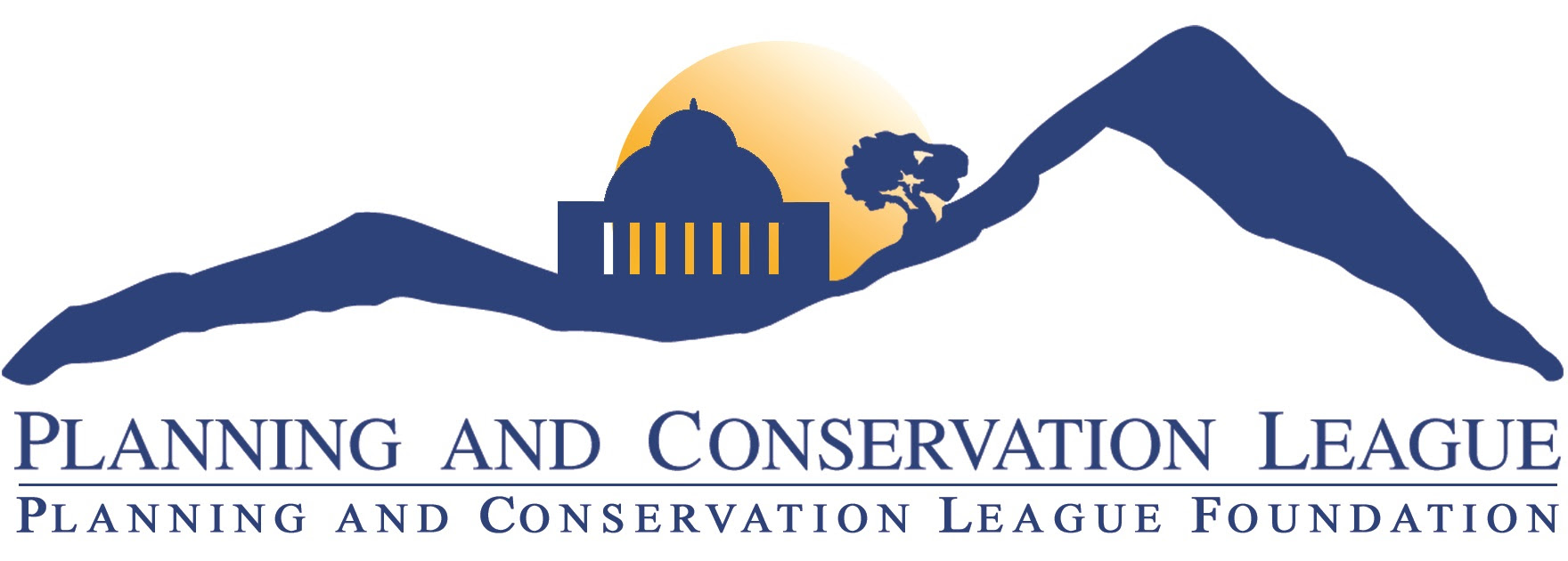

Presenting the 3rd Week of Webinars!
First of all, we would like to thank everyone who attended the first set of webinars last week. We had a great turnout and lots of productive discussion on how to improve water and climate policy in California. Remember, it is not too late to register to attend the rest of the webinars and receive an exclusive recording of today’s event! Click here to register for the remaining sessions and click here to view the rest of the program.
In the meantime, we are happy to announce our program for the third week of webinars on February 17th! Our focus that week is all about biodiversity and land conservation. Join us for the first panel discussing how we can incentivize the construction of wildlife crossings and corridors in California. The next session will then address the issue of increasing wildfires and how we can be better prepared before and after the disaster strikes. With speakers like former Senator Fran Pavley and Wildlife Conservation Board Executive Director John Donnelly, you won’t want to miss these sessions!
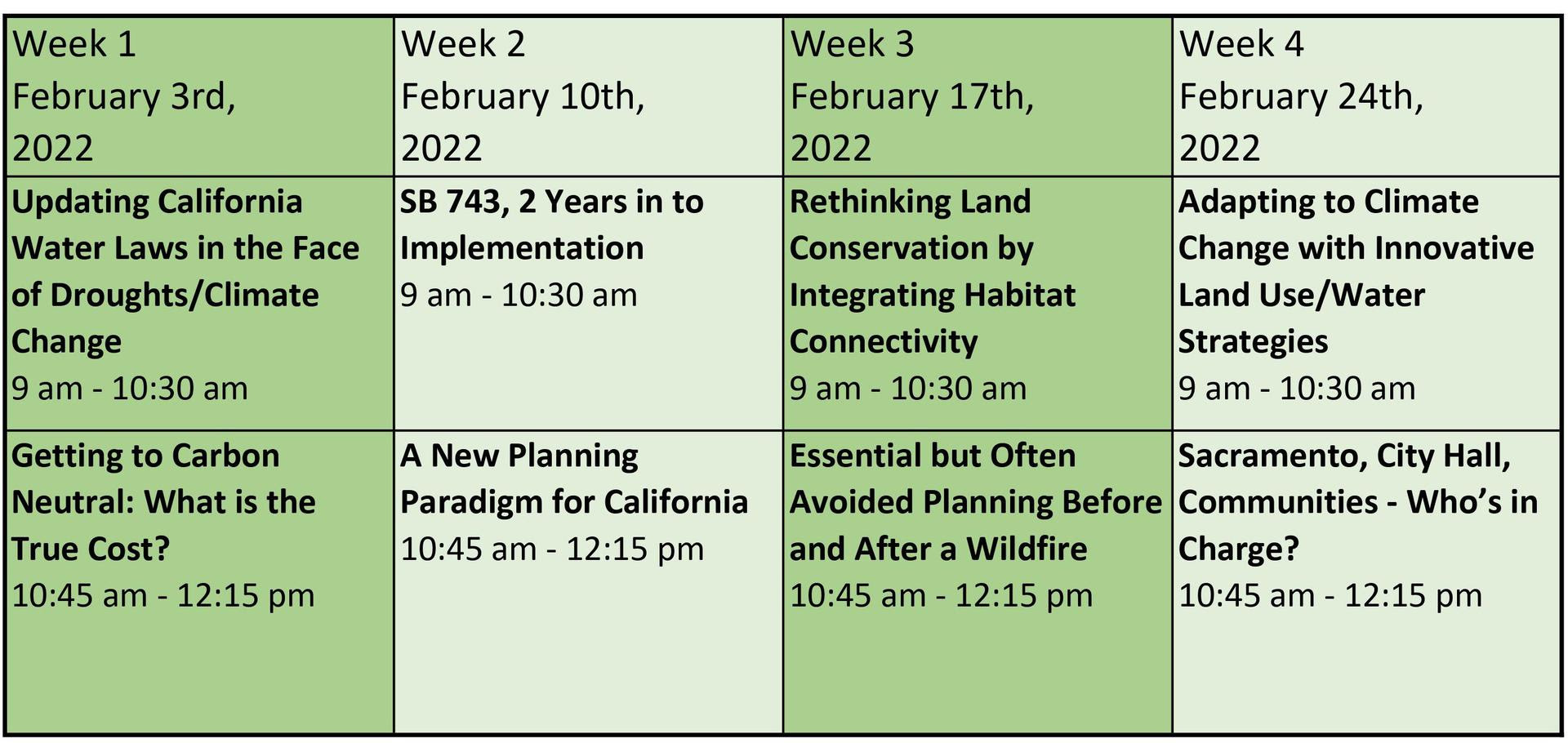
Session Five: Rethinking Land Conservation by Integrating Habitat Connectivity
February 17th, 9:00 am – 10:30 am
One of the leading causes for the loss of biodiversity is habitat fragmentation. As more transportation infrastructure is constructed, wildlife is forced to cross large highways in search of new territory which is often deadly for both animals and drivers. The present scenario illustrates the need to invest in more wildlife corridors and crossings to protect California’s wildlife.
This panel will share some interesting projects across California that focus on improving habitat connectivity and examine some of the challenges these projects have faced throughout their planning process. For many wildlife crossing projects, the lack of available road crossing data, few funding sources, large agency fees, and red tape can all delay the project or hinder its chances of being built. The panelists will be asked to discuss ways the current administration can help projects solve or circumvent these challenges in order to encourage the development of more habitat connectivity projects to protect our state’s unique wildlife.
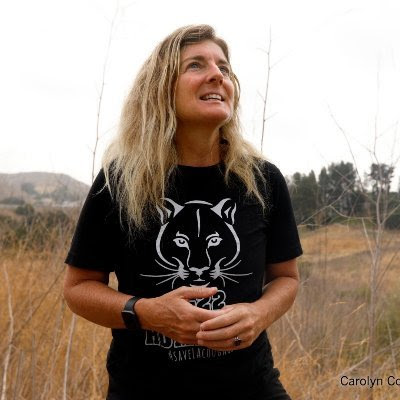
Beth Pratt
California Director
National Wildlife Federation
Beth Pratt has worked in environmental leadership roles for over 25 years, and in two of the country’s largest national parks: Yosemite and Yellowstone.
Before joining the National Wildlife Federation in 2011, she worked on sustainability and climate change programs for Xanterra Parks & Resorts in Yellowstone as its Director of Environmental Affairs. Prior to her role in Yellowstone, for nine years Beth served as the Vice President/CFO for the non-profit Yosemite Association (now Yosemite Conservancy) in Yosemite National Park. Beth graduated from the University of Massachusetts at Boston with bachelor’s degrees in management and biological anthropology, and a minor in marketing. She also obtained an MBA from Regis University in Denver, and earned the U.S. Green Building Council’s LEED AP credential.

John Donnelly
Executive Director
Wildlife Conservation Board
John Donnelly began his public service career with the California Department of Fish and Wildlife (CDFW) in 1988 where he served for eight years as the Realty Services Coordinator working on the acquisition of mitigation properties required under California Endangered Species Act and Streambed Alteration agreements issued by CDFW. In 1996, he transferred to the Wildlife Conservation Board working as a Senior Land Agent and in 2004 was promoted to Assistant Executive Director, responsible for managing its Land Acquisition Programs. Mr. Donnelly was appointed as Executive Director of the Wildlife Conservation Board, a position he has held since September of 2006.
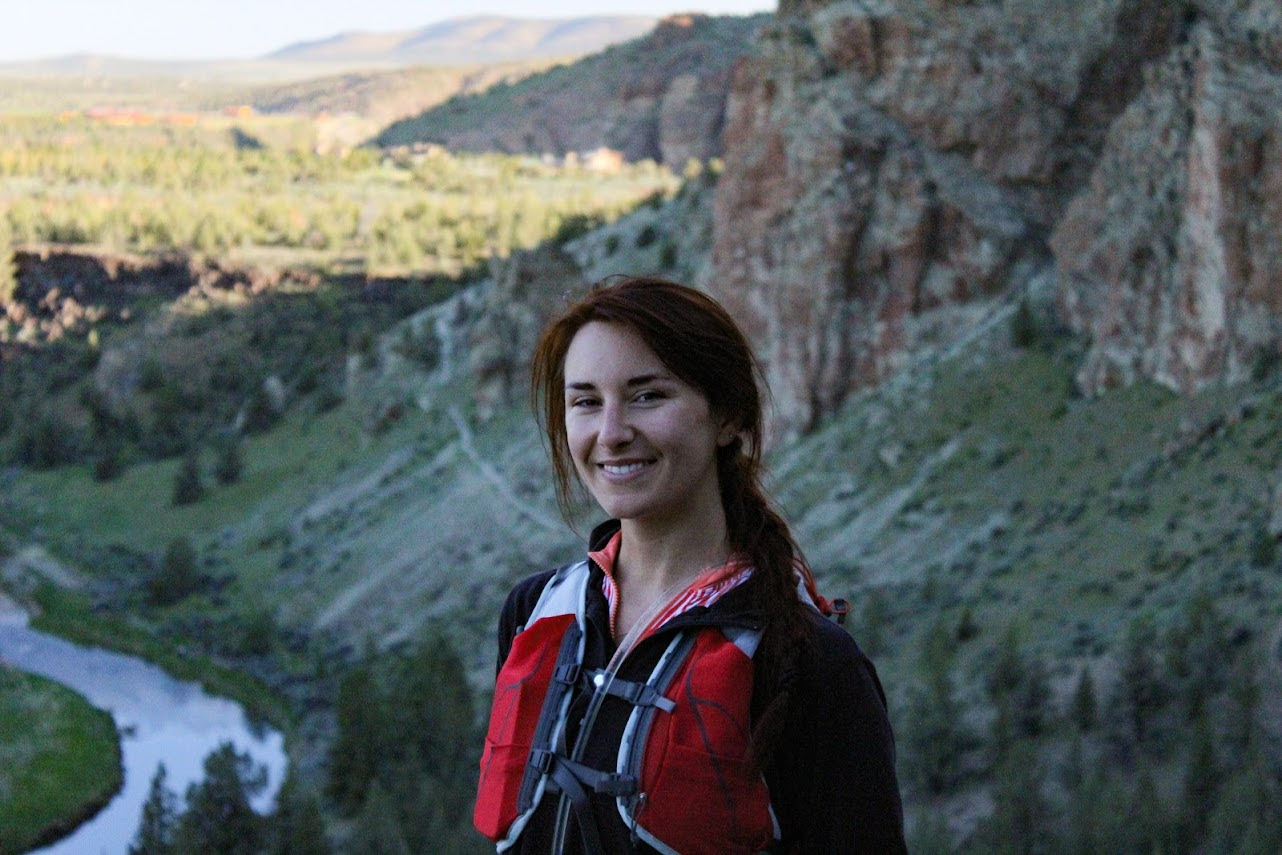
Mari Galloway
California Project Manager
Wildlands Network
As California’s Program Manager, Mari develops collaborative and strategic partnerships to further policy and land use initiatives that connect California’s landscapes and wildlife. Mari spent her childhood on a farm in the San Joaquin Valley of California and her summers in the Sierra Nevada, near Ebbetts Pass. Her outdoor exposure inspired her to earn her bachelor’s degree in environmental science from Humboldt State University. She attended the University of Oregon School of Law with the intention of acquiring skills to advance evidence-based, environmental policy and thereafter became licensed to practice law in both Oregon and California in 2021. Mari joined the Wildlands Network team in 2020 to launch its California program.

Moderator
Fran Pavley
Former Senator
California State Senate
Fran Pavley served 29 years in elected office. Born and raised in Los Angeles, Pavley was elected the first mayor of Agoura Hills in 1982 and served 14 years in the California Assembly and the State Senate. Former State Senator Pavley authored landmark climate policies (AB 1493, AB 32, SB 32, and others) that have created a market for innovation and investment in clean energy and vehicles, which have helped clean up our air, grow the economy, and reduce greenhouse gas emissions. She is now working as the Environmental Policy Director for the USC Schwarzenegger Institute and serves on several state and local boards and committees including the Santa Monica Conservancy and Wildlife Conservation Board.
Session Six: Essential but Often Avoided Planning Before and After a Wildfire
February 17th, 10:45 am – 12:15 pm
Recurring and major wildfires are now a predictable and inevitable part of California’s future. This panel will discuss how, in the new project planning and approval stage, we can better prepare to protect people, homes, and wildlife and what can be done after a wildfire has impacted natural open spaces and communities.
Developing specific, safe evacuation routes with adequate ingress and egress capacities and ensuring they will be used safely during an emergency is an essential part of responsible planning in our increasingly warming world. Project siting and design with these needs in mind should be required, with joint responsibility going to both builders and local agencies. Moreover, local governments should ensure that all homes in high-risk fire areas are equipped with adequate defense features and resources and all residents have detailed emergency evacuation and “shelter in place” educations to protect themselves.
Additionally, we need better strategies for how to restore habitat and rebuild communities in a way that lessens the chances of a wildfire occurring in the area again. Panelists in this panel will discuss some of these potential strategies and how to ensure they are a part of every planning and approval process.

Peter Broderick
Urban Wildlands Legal Director, Senior Attorney
Center For Biological Diversity
Peter Broderick, works in the Center’s Urban Wildlands program to oppose sprawl development and protect habitat and species in the wildland-urban interface. Peter also has experience advising community groups on local land-use initiatives; opposing oil and gas development; and defending protective land-use, public-health, and safety regulations. Peter received his law degree from Stanford Law School and his undergraduate degree from the University of Oregon.
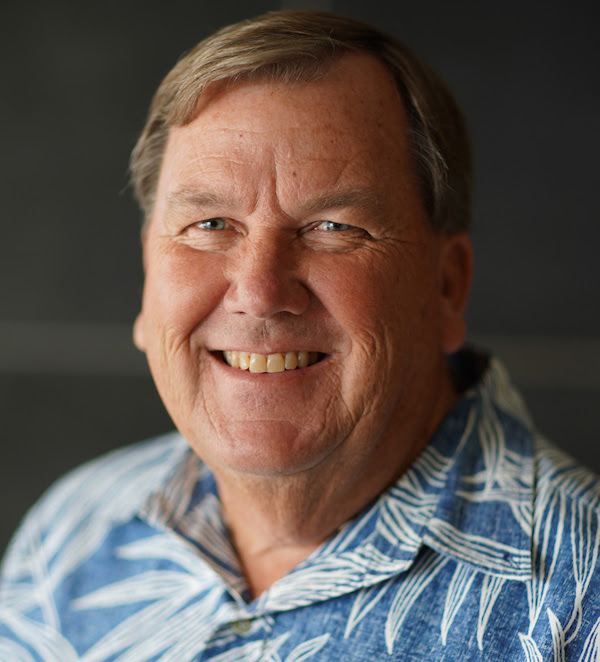
Bob Roper
Former Fire Chief
Ventura County Fire Department
Bob Roper grew up in Ventura, California and began his fire service career by joining the Ventura County Fire Protection District (VNC) as a volunteer firefighter in 1976. He became a full-time firefighter in 1980 and worked his way through all the ranks becoming the Fire Chief in 1998, retiring in 2012. During his career, Bob continued his formal education and became focused on the wildland fire problem. As Fire Chief of a Contract County, he became quite involved in state aid agreements and the state response system. He furthered his wildland policy knowledge by becoming the Chair of the International Association of Fire Chief’s Wildland Fire Policy Committee.

Dr. Brett Furnas
Senior Environmental Scientist
California Department of Fish and Wildlife
Brett Furnas is a quantitative ecologist with the Wildlife Health Laboratory at the California Department of Fish and Wildlife where he leads design and analysis of wildlife research and monitoring studies throughout the state. He received his Ph.D. from UC Berkeley and previously worked for the California Air Resources Board and served as a Peace Corps Volunteer. He recently published a paper showing that low severity fire helps maintain a diversity of carnivore species, like fisher and bear, within California forests.

Dr. Kimiko Barrett
Research & Policy Analyst
Headwaters Economics
A native Montanan, Dr. Kimiko Barrett (Kimi) has a deep interest in rural landscapes and the people who live there. She has a natural aptitude for connecting and energizing people in the pursuit of community resilience and climate adaptation.
Kimi has managed Headwaters Economics’ Community Planning Assistance for Wildfire program for six years. She has worked with firefighters, land use and planning staff, government agency personnel, and elected officials in more than 80 communities across the country, helping them devise community-driven solutions to reduce wildfire risk and increase community resiliency. Kimi is a committed agent of change in how we live with inevitable wildfires.
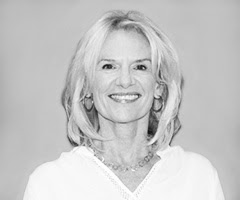
Moderator
Kate Dargan Marquis
Former California State Fire Marshal
California Fire Safe Council
Kate Dargan Marquis most recently worked for the White House Office of Science and Technology Policy as Assistant Director for Preparedness and Response. She has returned to her previous role as Chief Strategy Officer for Intterra, a technology company she co-founded in 2010. Prior to that Kate was a pioneering California firefighter/chief for 30 years and the first woman State Fire Marshal for California and a proud Cal Poly San Luis Obispo graduate. She has led numerous wildfire prevention, mitigation, and response initiatives over her career and is a national expert on wildfires. She has worked at the community, public agency, industry, technology, and policy levels of the California fire service and is widely recognized for her consensus-building style and innovative approaches to old problems.
|
|
How to participate in the Webinars
- Register Online at pcl.org/register (Registration fee is $25 to attend all eight sessions)
- You will receive an email with a list of links for each webinar
- Click the link on the day of the webinar to join!
If you are a student or a recent graduate, contact us at events@pcl.org to receive information on how to receive a scholarship to attend the Assembly for free!
